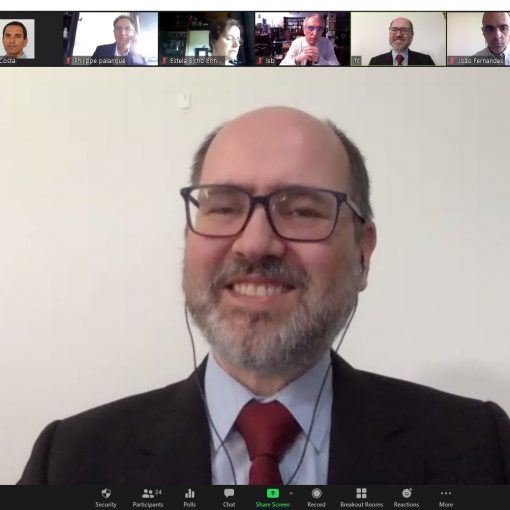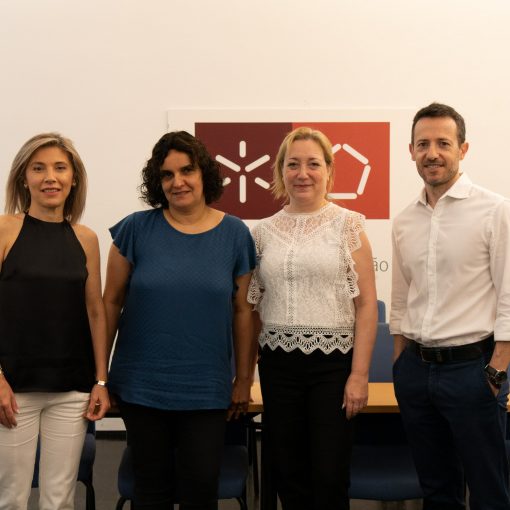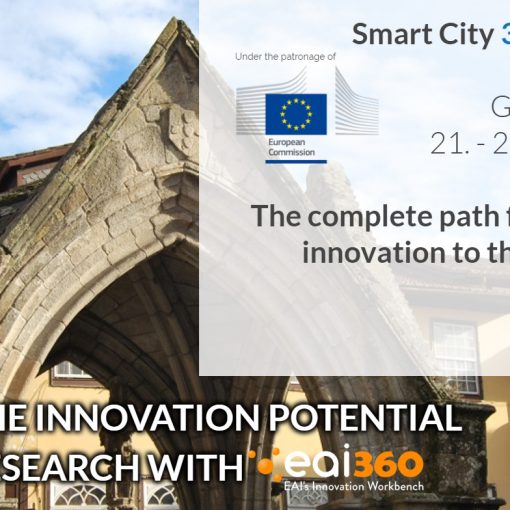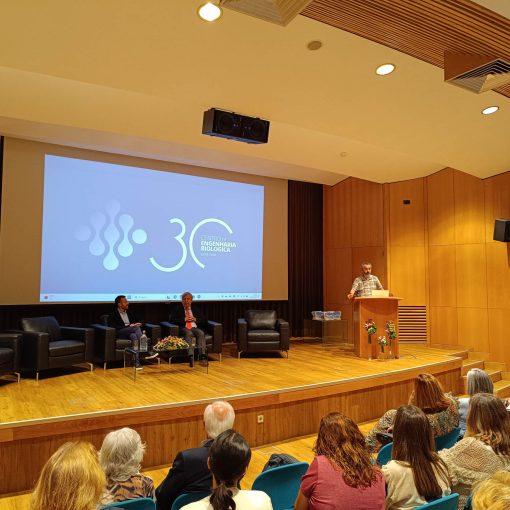Professor António Vicente took office on 9 October as president of the School of Engineering at the University of Minho (EEUM).
The ceremony was attended by the rector, Rui Vieira de Castro, and began at 4:30 p.m. in auditorium B1.10 (central building) of the Azurém campus in Guimarães. António Vicente replaces Professor Pedro Arezes in the position and, for the 2025-28 term, his vice-presidents are Professors Joana Cunha, Hélder Puga and Daniel Oliveira.
Biographical note
António Vicente was born in Porto 54 years ago. He graduated in Food Engineering from the Catholic University and obtained his PhD and professorship in Chemical and Biological Engineering from UMinho. At this academy, he is director of the Doctoral College, vice-president of EEUM, professor in the Department of Biological Engineering (which he has previously headed) and researcher at the Centre for Biological Engineering and the Labbels Associated Laboratory.
He is also the author of 400 scientific articles, 37 book chapters, five books and four patents. He has coordinated several (inter)national projects on micro and nanotechnological systems for the agri-food sector, dynamic in vitro digestion systems, electric fields in cells and biomolecules to alter their functionality, and new bioreactors and their application in bioprocesses.
He is among the top 2% of most cited scientists in the world, is a member of the International Society of Food Engineering (USA) and, in Portugal, has been on the jury of the National Agriculture Award (since 2012) and has held several positions in the Order of Engineers and the College of Food Engineering. He has won two Food and Nutrition Awards in the R&D category, the UMinho Scientific Merit Award and the EEUM Diploma of Scientific Merit.
About EEUM
Celebrating its 50th anniversary, EEUM has been exemplary in training and transferring knowledge and technology to society. It is the largest school at UMinho, with nine departments (Computer Science, Production and Systems, Industrial Electronics, Information Systems, Biological Engineering, Civil Engineering, Mechanical Engineering, Polymer Engineering and Textile Engineering) and nine research centres (2C2T, Algoritmi, CEB, CMEMS, CTAC, IPC, ISISE, HASLab, METRICs).
This School has 263 career lecturers, 132 PhD researchers and over 100 technicians. In the last academic year, it had around 7,800 students, spread across 15 bachelor’s degrees, 13 integrated master’s degrees, 36 master’s degrees and 20 doctoral programmes.
Broadcast of the ceremony (53m00s): YouTube
Video of the candidate’s public hearing (1h56m): YouTube



